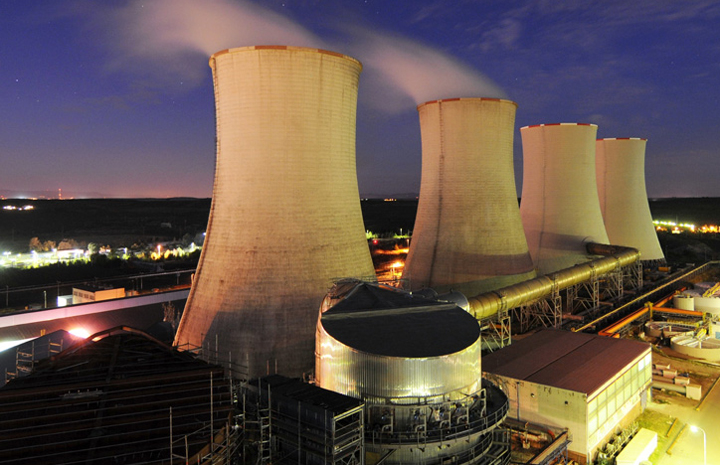WITH the national grid constrained due to poor hydropower production and inefficiencies associated with ageing coal-based facilities, many local electricity users are investing in alternatives.
Frequent droughts mean Kariba Hydropower Plant cannot produce to design capacity. Since early last year, for example, it is dispatching around 215 megawatts (MW), down from its optimum capacity of about 1 050 MW. On the other hand, some units at Hwange Thermal Power Plant are old, having been in action for decades.

As a result, the plants’ overall production has declined.
Initially, the constraints hampering the two major facilities got users investing in diesel generators to keep the lights on. But diesel is very costly, dirty and noisy.
Lately, institutions and households are investing in solar systems to power their properties in times of blackouts or to totally go off-grid. There are a few biogas and wind power projects here and there but solar is the commonest alternative. It is clean, renewable, cost-effective and, depending on the level of investment made as well as the quality of equipment used, is just as reliable as the national grid even for heavier tasks.
It is reassuring that the Government has partnered the UN Development Programme (UNDP) to install solar power systems at Mpilo and United Bulawayo hospitals.
There is now little to no risk of power going off while a patient is on the operating table or a ventilator.
We are sure this is a national project. If not, we urge authorities and the UNDP to expand it to other health centres nationwide.
It is also important to take this investment not as a stop-gap measure during load shedding periods but to actually wean them off the grid. They can obviously switch back if the elements make it impossible for solar systems to run as efficiently as expected or in times of system failure and scheduled maintenance.
Other essential Government services must follow that route. The same must apply to private business and households.
These individual investments will, when brought together, ease pressure on Kariba and Hwange, leaving them with enough capacity to power up other households, businesses and institutions that, for one reason or another, cannot go off-grid.